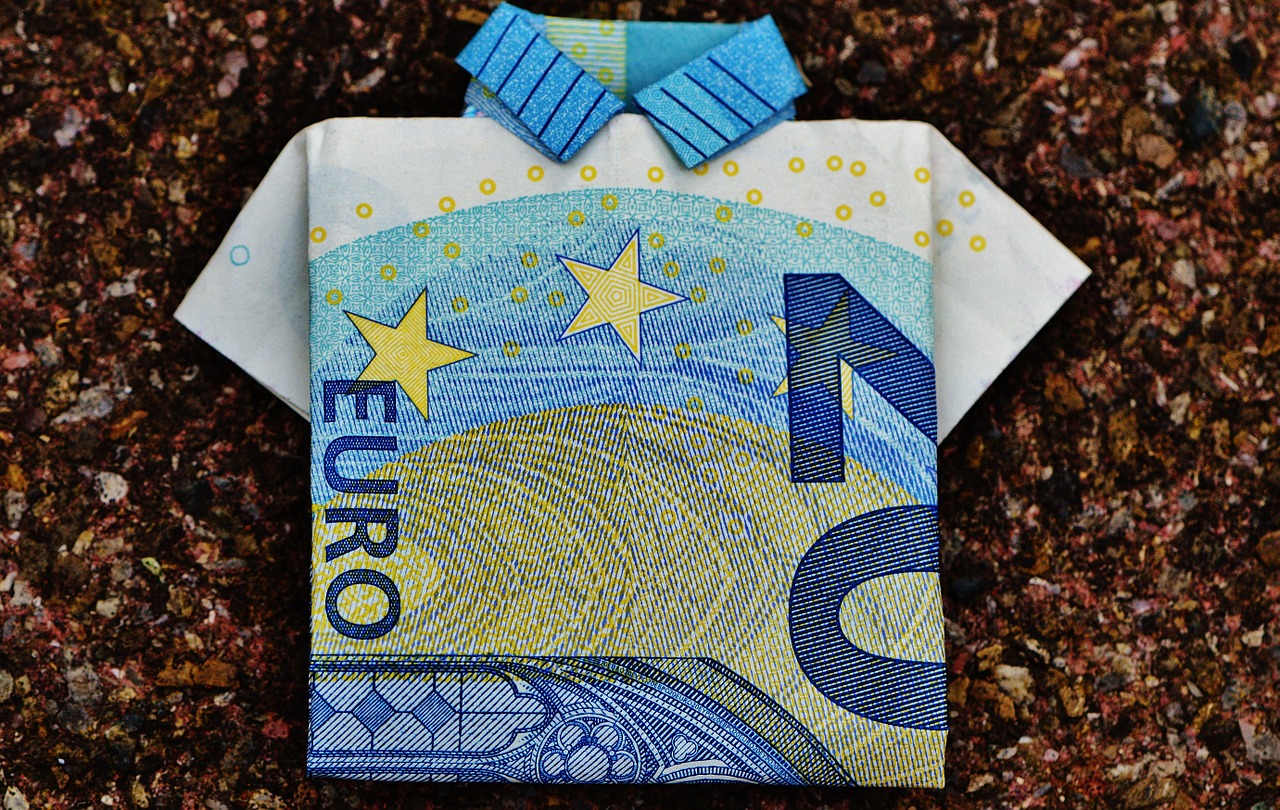My five year old Patrick is known to say, ‘Just buy another one,’ after the breakage of a toy/glass/vase/lipstick/shall I go on? The poor divil hasn’t a monkeys just how expensive it is to be alive in Ireland. So when is the right time to talk money with the smallies to give them a concept of value? writes Aisling O’Loughlin

According to Marah Curtin, Davy’s Head of Client Engagement, five is a good age to start the conversation. The Davy Group have set up an initiative Cents for Kids focused on building financial literacy in children and supporting parents with the tools and resources they need to begin a healthy dialogue with their kids about money.

‘The Bank of Mum and Dad is responsible for the children’s financial support often for a lot longer than most parents would like. We may regularly remind them that money doesn’t grow on trees, but what are we teaching our kids about how to manage it?’ asks Marah.
In this Consumer Age of ‘I want, I want, I want’ – the pressure is on parents to come up with the dough to deliver, especially this time of year. It can mean the New Year brings new financial worries instead of a fresh start. The Cents for Kids initiative offers advice on introducing the concept of charity fundraising and sharing resources, to explaining where money comes from, what its purpose is, and how it is earned.

Part of Marah’s job as Head of Client Engagement at Davy is to help individuals prepare for the financial opportunities and challenges they face throughout their lives. Learning clever financial habits from a young age bodes well for the future and encourages saving, careful spending and avoiding many of the common financial pitfalls that bring endless stress as adults.
‘Research tells us that children actually begin learning about money at a very young age with studies showing that a child’s money habits are formed by the age of seven. We, as parents, are the number one influence on our children’s financial behaviours, so don’t underestimate the impact you can have—for better or worse. Learning the value of money is the cornerstone of financial literacy and we want children to value money in terms of what goes into earning it and what it can buy as well as how it can help others,’ says Marah.

So is pocket money a good idea or does it make them greedy little monsters looking for recompense for every deed they do?
Marah says, ‘Keeping in mind that children learn best through play and practice, I think giving your child pocket money and an opportunity to earn pocket money weekly is a great place to start and can be a really good learning tool.
In order for children to learn how to properly manage money and plan ahead, they need a regular amount. As a general guideline, I recommend €1 per year of age so that a 5-year-old is receiving about €5 a week—and contributing to household responsibilities proportionately.
For some families, it might make sense to sit down and agree a certain set of daily and weekly jobs that will earn your child a set amount per week with the idea that they are also responsible for helping out in other age-appropriate ways, as needed, and as they’re asked. While instilling a good work ethic and an appreciation for the value of money is important, I also believe children should start to feel a sense of responsibility in the home and volunteering to help (even if they don’t get paid).

The Cents for Kids initiative offers regular e-zines and a wall calendar with easy to follow money tips. You can also download worksheets to build children’s understanding of money, and allow them practice applying fundamental concepts around budgeting, saving and investing.
Find out more at www.davy.ie/centsforkids



















